The biggest surprises of CES 2020 so far
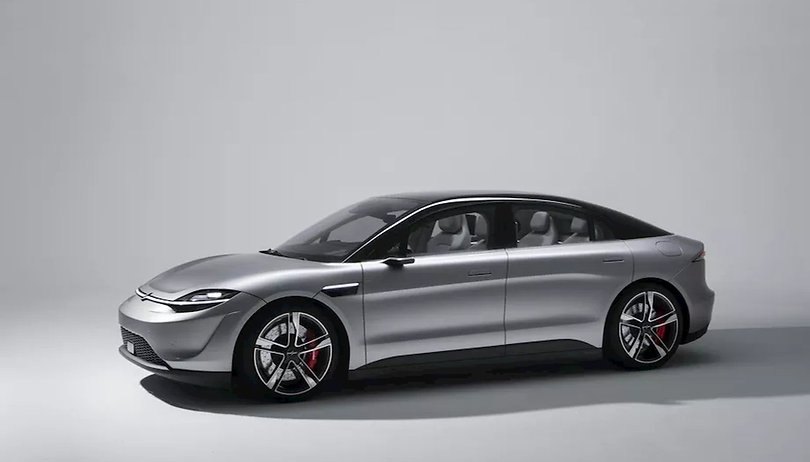

Read in other languages:
Another edition of the Consumer Electronics Show is taking place in Las Vegas as we speak, and tech companies from around the world are showing off their latest innovations. Here are the biggest announcements that have taken us most by surprise so far this year.
Sony is making an electric car
There's really only one place to start when talking about announcements that sent shockwaves through our editorial office. Sony is making a fully electric vehicle. Read that again, slowly. At the CES this year, the Japanese manufacturer surprised everyone by unveiling its concept for an all-electric car.
Sure, it's just a concept at this stage, but nobody saw this coming. It's called the Vision S, and it's packed with sensors and in-car entertainment technologies. There are new fewer than 33 different sensors in the concept car, both on the inside and outside, and Sony is working with BlackBerry and Bosch, among others, to bring this to life. The actual car part has been engineered with Canadian automotive supplier Magna.
The design is impressive, almost Tesla-like. The interior, which features an ultra-wide panoramic screen, is particularly slick. We still don't know if Sony will ever put this concept into production and sell it to consumers. Still, whatever comes of this technology, Sony has turned some heads at CES 2020 this year with this completely out-of-the-blue unveiling. We're excited!
Samsung thinks premium Chromebooks aren't dead
When Google launched its Pixelbook back in October 2017, it marked a new direction for Chrome OS notebooks. The hardware was impressive, but came with a price tag to match. Chromebooks have achieved success in the educational market and products from Acer, Asus, and others that sell for around the $300 mark have given consumers an affordable way to get 90 percent of their online activity done in a streamlined, efficient way. However, the market for premium Chrome OS devices has been slow to convince. Google never followed up its Pixelbook, instead opting to launch the Pixel Slate in 2018.
At the CES 2020, Samsung launched its Galaxy Chromebook, a device that essentially fills the space at the top-end of the Chromebook market that Google left empty. The hardware looks fantastic, and there will be plenty of hardcore Chrome OS fans that will be itching to get their hands on one of these. But whether or not there is a market for a $1,000 Chromebook in 2020 remains to be seen.
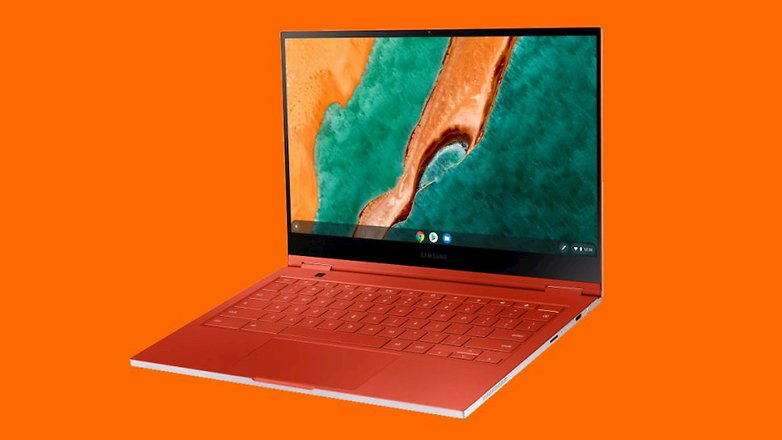
The big surprise here is not that Samsung can produce hardware as impressive as this, it's that the South Korean giant has chosen to do so. Let's not forget, paying four figures for a laptop that cannot run full desktop apps or play premium games still seems a little crazy considering how much Windows or even Apple laptop you can get for a grand these days.
TCL is making foldables affordable
TCL Communication is having a bit of a breakout moment in the mobile business. The Chinese manufacturer is not a new name on the scene - its Alcatel and BlackBerry subsidiaries are well-known - but with the launch of last year's TCL Plex, the company began releasing smartphones under its own brand name. At CES 2020, TCL teased three new smartphones that promise impressive display technology (let's not forget TCL is famous for its TV business) and there's even a 5G model. These smartphones will launch at under $500, putting them straight into the busy upper mid-range market.
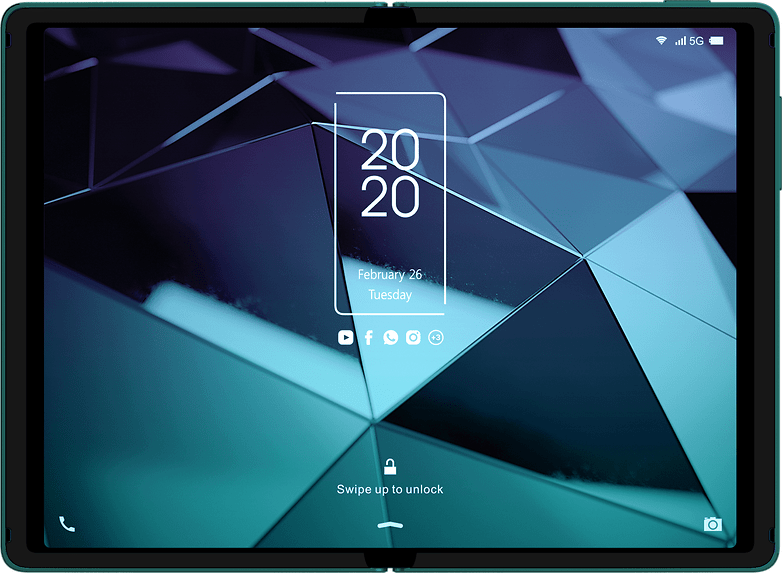
It was TCL's foldable smartphone concept, however, that surprised us most in Las Vegas this winter. Not because the design is particularly ground-breaking, but because it's coming from a brand with a commitment to making affordable products. We've spent some serious time with Samsung's Galaxy Fold this year, and went hands-on with Motorola's new Razr for 2019, but both of these phones cost between $1,500 and $2,000.
The hardware in the model that was demoed at CES screams mid-range. There's a Snapdragon 660, and Android 9 Pie, for example. This is still a concept at this stage, of course, and specs can change before the final product is realized, but I can't help get the feeling that we are looking at the first affordable folding smartphone here - and that's quite a big deal given where this form factor is in its life cycle.
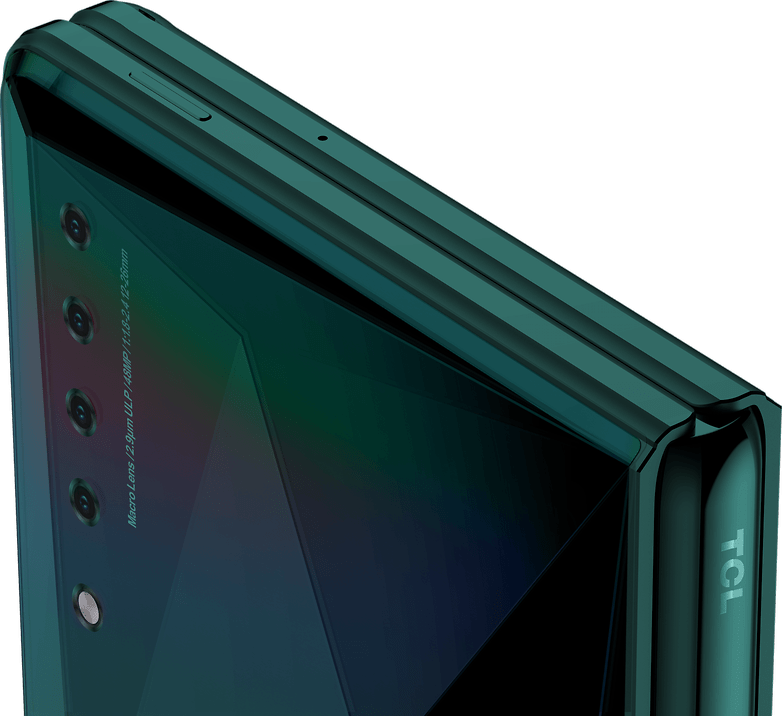
With technical innovation trickling down from the flagships to the mid-range and even entry-level devices so quickly these days, it's a promising sign. Foldable displays at sky-high prices is already a thing, but the technology might not be exclusively for those with the deepest pockets for very long.
What are your biggest surprises of CES 2020 so far? Share your thoughts in the comments section below.











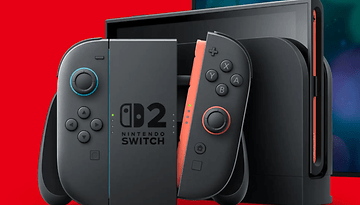








-
Admin
Jan 8, 2020 Link to commentSony's car is the real surprise